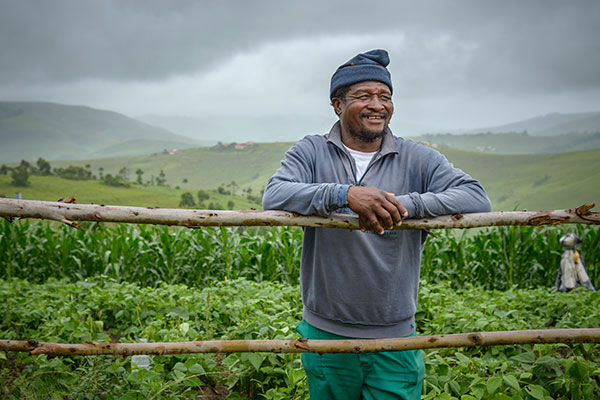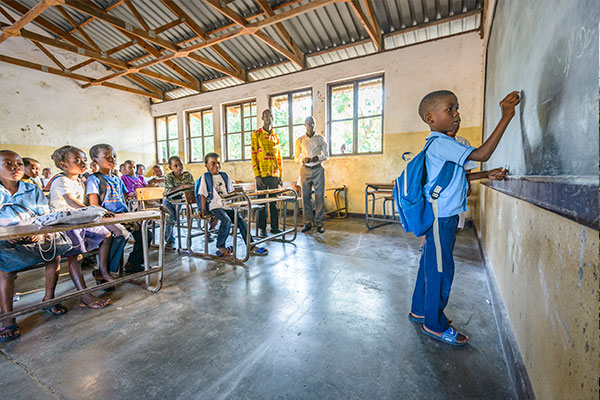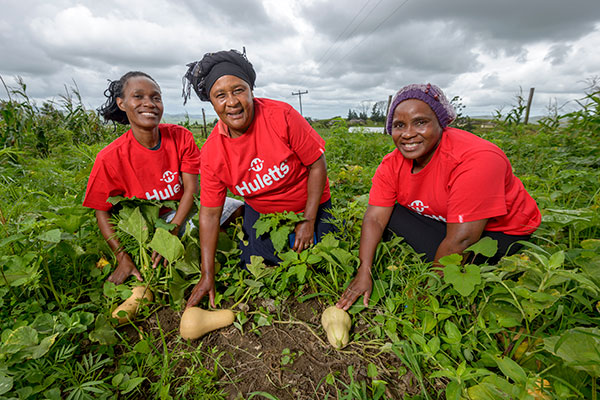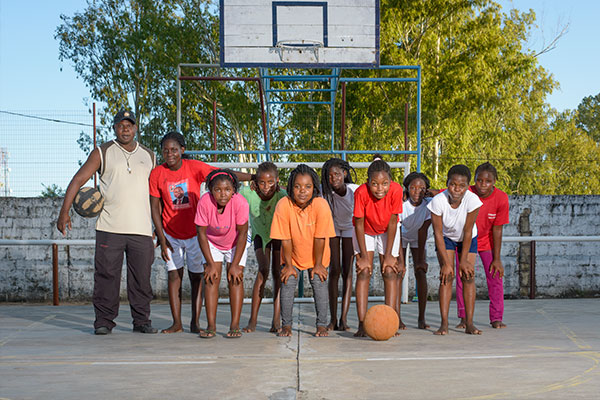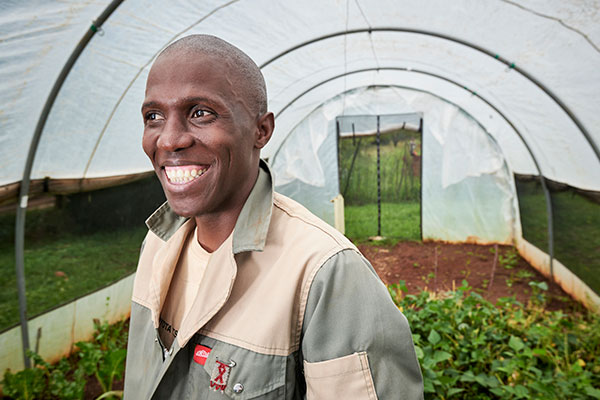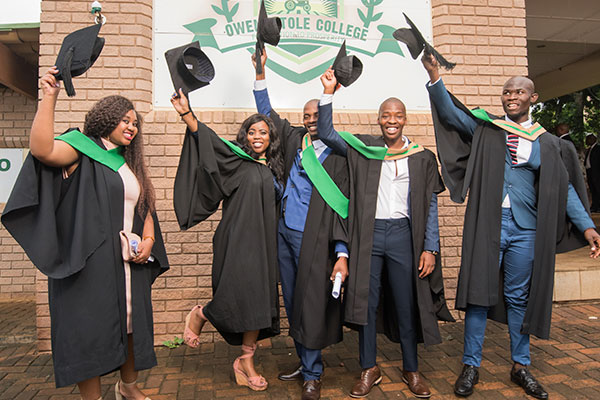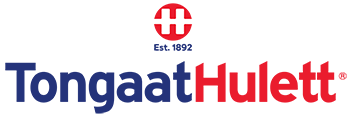- Home
- /
- Stakeholder value creation
- /
- Socio-economic development
Socio-economic development
Societal dynamics play an increasingly significant role in organisations, particularly within multinationals based in Africa. We understand this reality, and are committed to working with our key stakeholders to achieve our mission of building our future by creating sustainable value for all our stakeholders.
Tongaat Hulett’s Socio-economic Development (SED) programme incorporates the UN’s Sustainable Development Goals (SDGs), and is used to strengthen and build our relationships with government and society, particularly those stakeholders most impacted by our activities. Our SED programme includes the following principles:
- Corporate governance – We continue to adhere to legal and accepted business practices.
- Corporate social responsibility – We demonstrate responsibility to society by minimising any negative impact and extending philanthropic and charitable inputs to the communities that we operate in.
- Social sustainability and innovation – We develop innovative practical approaches to transform society and the environment in order to uplift communities.
Tongaat Hulett’s current focus on securing the sustainability of the company by curtailing costs and paying down debt constrains capital availability across the business. SED, however, remains a priority and for the 12 months ended 31 March 2021, R122.4 million was invested across our operations, with more than 90% of this allocated to initiatives in Zimbabwe and Mozambique, where there is significant need for support. Key elements of SED spend for the period ending 31 March 2021 were as follows:
Healthcare
- With most operations in rural areas, a significant amount is invested in running healthcare facilities for employees and local communities.
- R99.9 million was invested in health-related activities.
- R53.1 million of this related to investments to ensure that our operations and hospitals in surrounding communities were appropriately equipped to deal with COVID-19 as part of our COVID-19 response.
Basic needs
- We continue to invest in basic needs and social development, including food security projects and the provision of basic materials, to uplift communities around company operations.
- Feeding schemes, the donation of ethanol to produce hand sanitisers, the provision of PPE and hygiene kits and many more were procured in Zimbabwe, South Africa and Mozambique. More that R60 million was allocated to COVID-19 initiatives as of 31 July 2020.
Environment
- R5.5 million was invested in various programmes including bilharzia and malaria control and other environmental health initiatives.
Education
- We invested R6.8 million in education initiatives across our company. This includes the ongoing provision of water and electricity to several schools, maintenance, school books and furniture.
